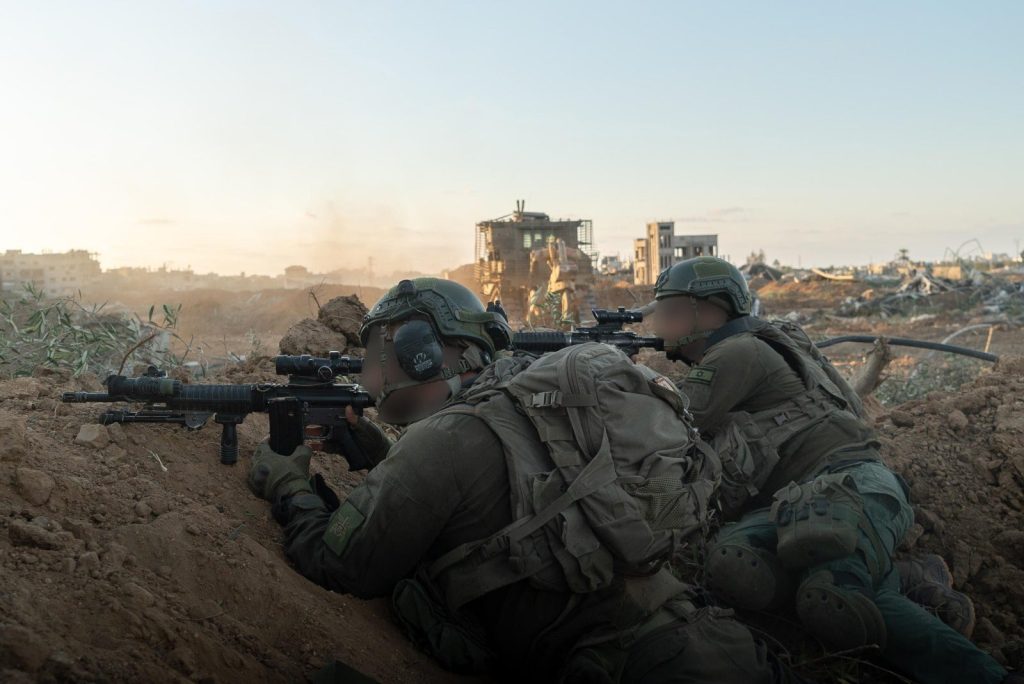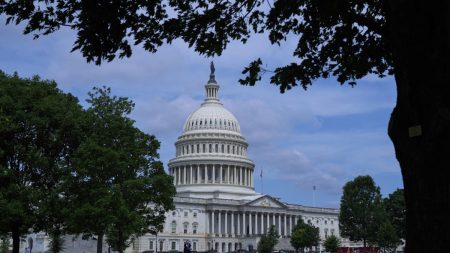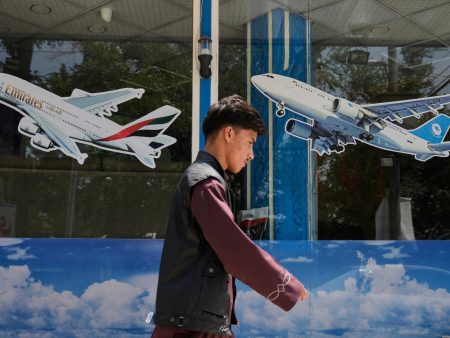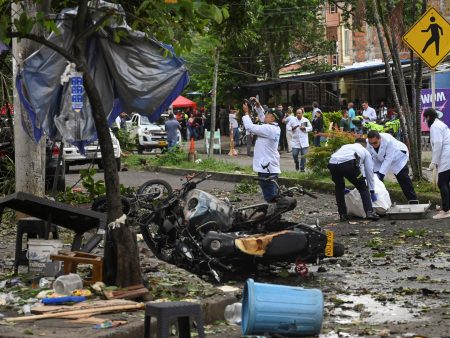The fragile cease-fire agreement between Israel and Hamas, brokered by the U.S. and Qatar, is teetering on the brink of collapse once again, primarily due to renewed disputes over the strategically significant Philadelphi Corridor. This narrow strip of land bordering the Gaza Strip and Egypt has long been a contentious point in negotiations, with both sides vying for control due to its security implications. Israel views the corridor as crucial for preventing Hamas from re-arming and connecting with militant groups in Egypt’s Sinai region, while Hamas seeks greater freedom of movement and control over its borders. The current disagreement centers on the deployment of Israeli forces within the corridor, with Hamas demanding alterations to the previously agreed-upon arrangements. This echoes past instances where the corridor has been a major stumbling block, notably contributing to the failure of a July deal that could have secured the release of American-Israeli hostage Hersh Golberg-Polin, who was tragically killed along with five others a month later.
Despite the renewed tensions, both the White House and the State Department remain optimistic about the deal’s eventual implementation. They acknowledge the challenges posed by these last-minute disagreements but express confidence that the remaining details can be ironed out, allowing the cease-fire and hostage exchange to proceed as planned on Sunday. This optimism stems from the perceived importance of the deal for both sides, with Israel eager to secure the return of its hostages and Hamas seeking the release of Palestinian prisoners and a relaxation of the blockade on Gaza. The mediators are working tirelessly to bridge the gap between the two sides and ensure that the fragile agreement holds.
The planned withdrawal of Israeli forces from Gaza is another complex element of the deal. While Israel has agreed to pull back its troops to a security zone along the border, the timing and extent of this withdrawal remain unclear and are linked to the hostage release process. The IDF is expected to remain within Gaza until the last hostage is freed, but the specifics of their presence within the Philadelphi Corridor during this period are a source of contention. While initial reports suggested that Israeli soldiers would maintain a presence in the corridor throughout the first phase of the cease-fire, the renewed disagreements cast doubt on this arrangement. The balancing act between security concerns and the need to facilitate the hostage exchange presents a significant challenge for the negotiators.
Internal political pressures within Israel also threaten the deal’s success. Right-wing members of Prime Minister Netanyahu’s coalition, including National Security Minister Itamar Ben-Gvir and Finance Minister Bezalel Smotrich, have consistently opposed any agreement that involves a full withdrawal of IDF forces from Gaza. Their hardline stance puts pressure on Netanyahu, potentially making it politically difficult for him to fully commit to the agreed-upon terms. This internal opposition adds another layer of complexity to the already delicate negotiations and raises concerns that the deal could unravel due to domestic political considerations rather than solely on disagreements with Hamas. The prime minister is caught between the international pressure to secure a cease-fire and the demands of his own coalition.
Further complicating matters are Hamas’s reported demands regarding the release of specific Palestinian prisoners held by Israel. While the initial agreement outlined the release of dozens of prisoners in the first phase, focusing on humanitarian cases such as women, children, the elderly, and the sick, Hamas now appears to be pushing for the inclusion of other individuals. The precise nature of these new demands remains unclear, but they add another hurdle to the already fraught negotiations. The prisoner exchange is a highly sensitive issue for both sides, with each viewing the individuals held as either terrorists or freedom fighters. Reaching a mutually acceptable agreement on this issue is crucial for the success of the broader cease-fire deal.
The families of the hostages, understandably, are deeply invested in the outcome of these negotiations. Ruby Chen, whose son Itay Chen was killed during the October 7 attacks and whose body is being held by Hamas, has become a vocal advocate for the release of all hostages, including the deceased. He argues that the separation of the soldiers and deceased into a second phase of the exchange is no longer appropriate and that all those held should be considered under the humanitarian umbrella. This perspective adds a deeply personal and emotional dimension to the negotiations, highlighting the human cost of the conflict and the urgent need for a resolution. The unpredictable nature of the Middle East, where situations can change rapidly, adds to the anxiety and uncertainty surrounding the deal. As Chen aptly put it, “The Middle East is always a match-light away from blowing up.” This precariousness underscores the importance of seizing the current opportunity for a cease-fire and hostage exchange before the situation deteriorates further.










